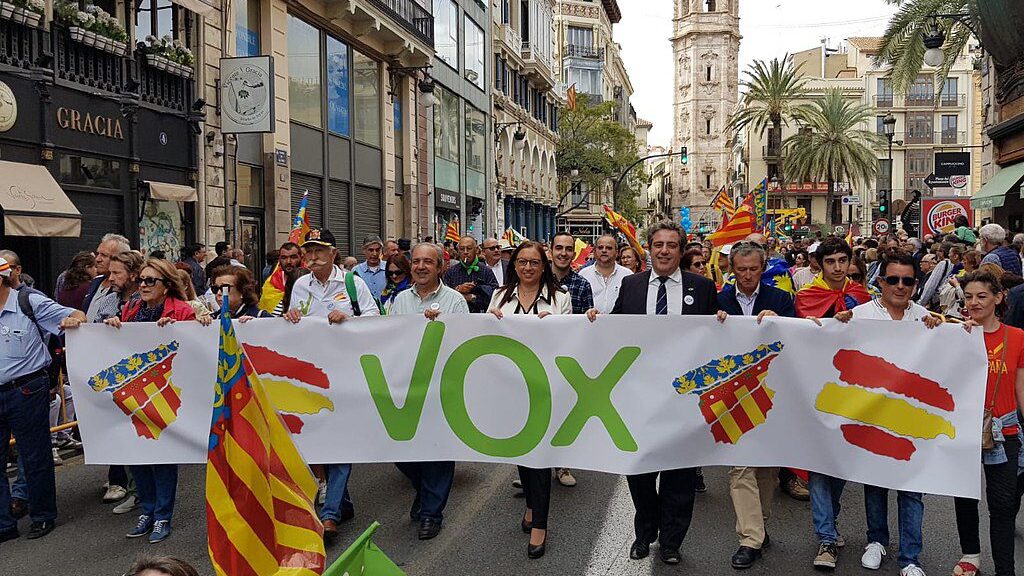
Spanish public schools are subject to intense “woke”—as well as, in some regions, separatist—ideological indoctrination.
In this context, and with a general election fast approaching, it is worth taking a look at what VOX proposes by way of reform. The measures laid out in the relevant section of its program, titled ‘Educacion en Libertad,’ hinge on spearheading a new National Education Law that the party says will serve to cultivate personal development and national cohesion, free of ideological imposition, as well as supporting vocational training. The idea of an ideologically neutral education is defended by the centre-right PP (VOX’s potential future coalition partner), but VOX goes further to specify that the public curriculum should promote national identity and history.
Another area of possible disagreement between VOX and the PP concerns the former’s proposal to concentrate educational competencies in the State, ending the different models among regions. In particular, its program refers to ensuring parents’ right for their child to be educated in Spanish (at present, in some regions, Spanish is excluded in favour of regional languages). VOX has also defended prosecuting educational authorities impeding Spanish-language education and pushing a separatist ideological agenda in school. For its part, the PP’s program does refer to reaching a greater balance between Castilian and local languages in public schools, but giving the national government more authority over local curricula, which is VOX’s model, may be a step too far for it.
With regards to opting out of schools and having a say in a child’s education where ideological content is concerned, VOX’s program also highlights the need to remove sexual and gender-ideology related content in schools.
Both parties support giving parents more freedom in deciding where their children take classes. VOX’s program includes the repealing of laws that violate parental rights to have a say in their child’s education. To achieve this, the party has also championed the creation of a school voucher consisting of the average cost of a public school education, such that parents may put that money towards paying for a private school of their choice. On the subject of family finances, VOX’s program also refers to improving Spain’s scholarship system for economically disadvantaged families and providing financial support for families.
VOX’s program further lists measures intended to improve education in general, proposing a uniform university entrance exam nationwide, higher standards for evaluating persons wanting to become teachers, and preventing students from advancing in their education if they have not passed a subject on the curriculum (Spanish schools have suffered a tremendous “dumbing down” in recent years).
In general, VOX’s proposals for education reform constitute something of a challenge for the centre-right PP, as its premises are likely shared by that party’s voters.
In particular, the typical right-wing tendency to couch policy in liberal terms, as a return to neutrality or bare “common sense,” is concerning in the case of the PP, because education must always contain a specific vision of human flourishing. Educational reform will lack coherence coming from a party that views culture and even national identity as beyond its purview—as ambiguous terms for atomized individuals to define for themselves.
In any case, it remains to be seen how effective VOX would be in a coalition with the PP, and whether some of the steps towards implementing these measures—which have been taken in regional coalitions (such as Valencia)—could be reproduced nationally.
